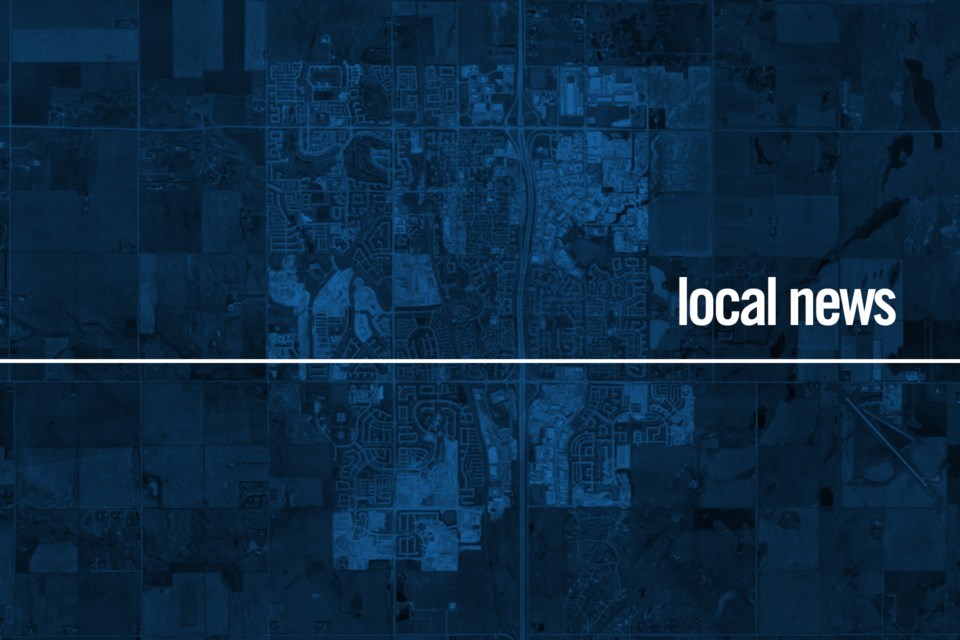SADDLE LAKE - Band membership is a critical issue within the Saddle Lake Cree Nation right now.
After campaigning for council on the slogan “bringing the camp together – wîcihîtotâk” and being elected chief in a vote on June 18, Chief Dale Steinhauer’s first month in office has been marred by in-fighting with the rest of council.
Also elected to council were John E. Large, James R. Steinhauer, Glen J. Whiskeyjack, Eddy Makokis, Charles A. Cardinal, Kevin A. Delver, Kenton F. Cardinal and Arthur C. Steinhauer.
Steinhauer filed a request for judicial review with the federal court on July 10, following a motion on July 2 to remove her as chief and a letter threatening police involvement if she did not comply.
The supporting documents include a copy of the July 2 motion, which cites the “unilateral decision to disband all governance and advisory boards,” as the primary reason for Steinhauer’s removal.
The request names James Steinhauer, Glen Jason Whiskeyjack, John Large, and Saddle Lake Cree Nation as respondents.
According to Chief Steinhauer’s sworn affidavit, which has not yet been tested by the courts, Whiskeyjack, Large, and James Steinhauer “have effected the takeover of SLCN.”
Whiskeyjack became chief following the death of Chief Terry Cardinal in March 2024 and is still listed as Chief on the Nation’s website, which has not yet been updated to reflect the council elected in June and sworn in at a ceremony on June 20.
According to the request for judicial review, the June 2025 election was held using the 1950s election code which prohibited “Red Ticket Indians” from participating and disenfranchises between 1,000 and 4,000 members of Saddle Lake Cree Nation.
What are ‘Red Ticket Indians’?
In 1985 the federal government introduced Bill C-31, which restored registered status to women who had previously lost it by marrying someone non-status. Those women and their descendants are called “Red Ticket Indians” in the election code used by Saddle Lake.
That voting prohibition was struck down by federal court Justice Régimbald in 2023.
Bill C-31 also created two categories of First Nations status, 6(1) and 6(2). First Nations people registered as 6(2) are not able to transmit registration to their children on their own.
“After two consecutive generations of parenting with a person who is not entitled to registration, the third generation is no longer entitled to registration. This issue is commonly referred to as the second-generation cut-off,” said Carolane Gratton, a spokesperson for Indigenous Services Canada.
In an interview with Lakeland This Week on July 18, Chief Dale Steinhauer spoke at length about the governance challenges posed by the second-generation cut-off and “Red Ticket Indians” on the band’s membership list.
As a section 11 band, Saddle Lake’s membership list is maintained by Indigenous Services Canada, but the department has no role in how their leadership is selected or in the resolution of governance disputes.
“It’s a big issue because it excludes many people. And it excludes people from having rights,” said Steinhauer.
Those rights include voting for chief and council, and the right to receive non-insured health benefits like dental care, prescription drugs, or therapies for speech and mental health.
Steinhauer said part of the solution is for Saddle Lake to become a section 10 band, which would mean the band maintains its own membership list.
“In sovereign times before contact, we didn't have those kinds of membership rules. We have to be very, very careful with how we want to do things here, and how we're going to move forward with our own ways of doing things, our ancient ways of doing things,” said Steinhauer.
According to Gratton, there is a process in place at ISC for bands to transition from section 11 to section 10. It requires notice and consent and must ensure the protection of acquired rights. Another requirement is a double majority must vote in favour of the change.
“This means that the majority of the eligible electors of the Band must vote, and a majority of those who voted must have voted in favor,” said Gratton.
“Since November 2023, the Department has been working on the co-development of a collaborative consultation process on broader issues related to registration and band membership under the Indian Act, including the second-generation cut-off and section 10 voting thresholds. The goal of this collaborative consultation process is to identify solutions to remedy this long-standing issue,” said Gratton.



